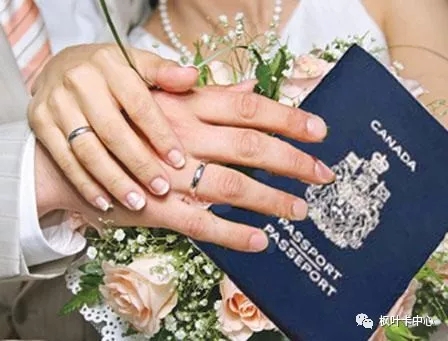Under The Wave Of Globalization, Interpretation Of The Value And Application Points Of Canadian Maple Leaf Card
Under The Wave Of Globalization, Interpretation Of The Value And Application Points Of Canadian Maple Leaf Card
In the wave of globalization, more and more people are focusing on the integration of international life and resources. As a Canadian permanent resident identity certificate, the **Canada Maple Leaf Card is not only a pass to North America's high-quality education, medical and welfare systems
Under the trend of world integration today, many people have begun to pay attention to transnational residence and resource allocation. **Canada Maple Leaf Card** is the identity of Canadian permanent residents. It is not only the key to entering the high-quality education, medical and social security system in North America, but also a key certificate for many people to arrange the future and increase the possibility of development. This article will analyze the practical significance of this "precious certificate" for you from the three key aspects of legal status, rights protection and application.

1. The legal attributes of maple leaf card: the core carrier of permanent resident identity
When the Canadian government grants permanent residence status to non-citizens, it will issue an official certificate, namely the Canadian Maple Leaf Card, also known as the PR card. The document is named after the red maple leaf pattern presented on the Canadian flag. Those who hold this card can enjoy nearly the same residence, employment and education opportunities as citizens of the country, without having to terminate their original nationality.
According to the Canadian immigration regulations, permanent residents must complete the residence requirement of 730 days of residence (equivalent to two years) every five years before they can retain their identity. The time for holding a maple leaf card generally lasts for five years, and you need to apply for an extension before the expiration of the period. It should be emphasized that Maple Leaf Card is not a Canadian citizenship. If you want to exercise your right to vote or engage in public office, you must first complete the naturalization procedures to obtain citizenship.
2. Core rights: All-round protection from education to medical care
Holding a maple leaf card means you can enjoy a number of core rights and interests in Canada as a high welfare country:
Maple Leaf Card holders can travel to Canada at will, and can visit countries such as the United States and Mexico that cooperate with Canada without applying for a visa.

3. Application points: From qualification review to material preparation
Applying for permanent resident status in Canada generally uses economic immigration channels, such as federal skilled immigration or provincial nomination programs, and there are also family reunion immigrants to choose from. Once approved, the applicant must follow the follow-up procedure:
Entering Canada: After obtaining permanent residence for the first time, you must arrive within the specified time limit and go through the naturalization procedures. Apply for the first red card: After arriving, you must submit your application on the website of the immigration department, and you must attach your identity documents, entry certificates, personal images and other information. Exit procedures: Applying for a six-month period when the card is about to expire must indicate that the residence responsibility has been fulfilled within the past five years or that the exemption requirements are met (such as settling overseas with your own citizens).
Loss or failures of the maple leaf card will not immediately terminate the permanent resident qualification, but reissue procedures must be completed as soon as possible, or a permanent resident travel document (PRTD) must be applied for to travel to Canada. In addition, the duration of fulfilling the residence requirements is determined based on the actual days in Canada, rather than the remaining period of the maple leaf card.
4. Look at it rationally: Maple Leaf Card is not a "master key"
There are many benefits to holding a Canadian citizen card, but its actual effect must be carefully measured based on personal circumstances. For example, if someone lives abroad for a long time and does not intend to return to Canada, he may lose his identity; at the same time, some occupations (such as government staff, confidential jobs) also have certain restrictions on non-citizens.
For groups who are interested in broadening their global horizons, seeking good learning conditions for the next generation or arranging their later years, Canada’s permanent resident status is an option worthy of serious weighing. However, the ultimate choice must be based on a full understanding of local customs, fiscal and tax measures, and long-term residence expenses.
Conclusion: The Canadian Maple Leaf Card represents not only a symbol of identity, but also a solemn guarantee for a diverse civilization, a fair environment and a better life. It opens up avenues for those who desire a broader space for development, but the real "priceless treasure" always depends on how cardholders use this opportunity to portray their own unique life story.
Author's statement: The work contains AI-generated content





